Keywords: Concern Australia
There are more than 200 results, only the first 200 are displayed here.
-
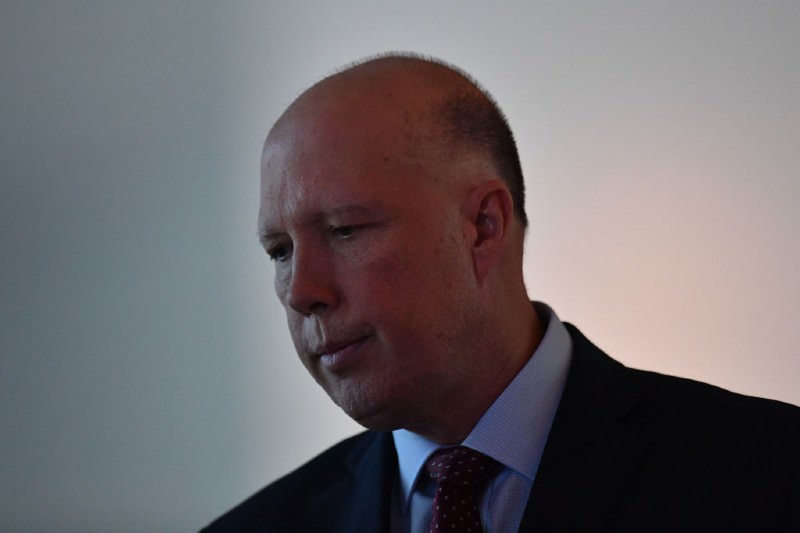
AUSTRALIA
The new ASIO Powers Amendment Bill 2020 is being rushed through Parliament in a time of pandemic, guaranteeing that it will lack even the minimal level of scrutiny normally accorded to legislation dealing with ‘national security’.
READ MORE 
-

AUSTRALIA
- Kate Galloway
- 13 May 2020
2 Comments
Over the weekend in most Australian states, rules requiring people to stay home were relaxed somewhat. The country has commenced its easing of the significant restrictions on venturing out in public. As we begin to reacquaint ourselves with life outside, it is useful to reflect on the new resonance of ‘home’ — but also on its inherent limits.
READ MORE 
-
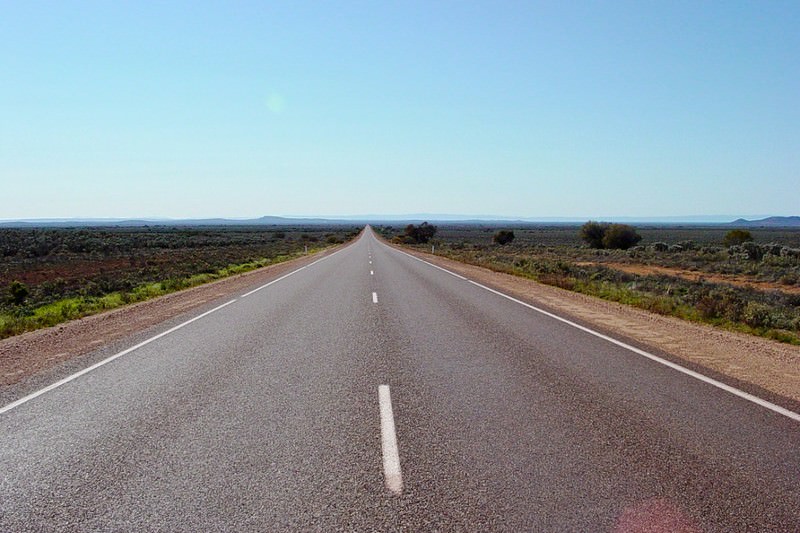
AUSTRALIA
What is often not expected or well understood is the effect of ‘lag time’ aftershocks in our regions following economic crisis. Lag time is an attribute of some rural, regional and remote communities and is most often seen in economically path dependent and single industry communities, many of which of course, comprise RRR Australia.
READ MORE 
-
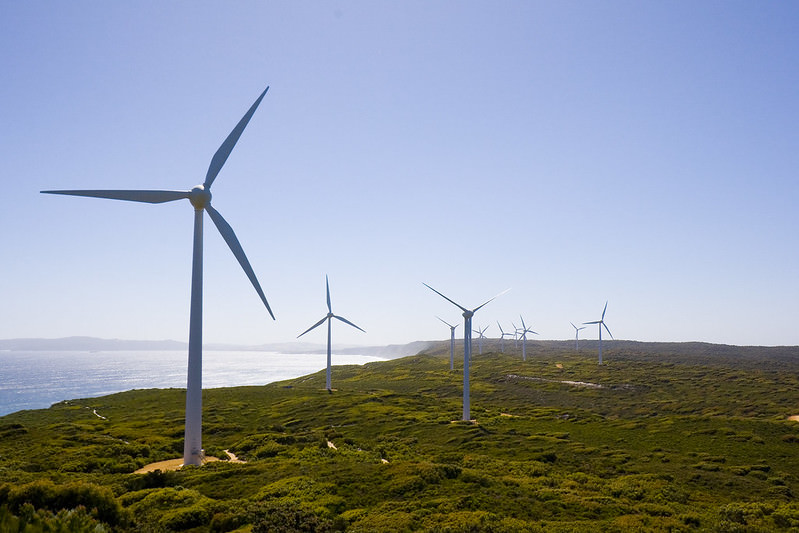
ENVIRONMENT
- Bree Alexander
- 11 May 2020
3 Comments
While the federal government has set a zero net emissions target by 2050, along with the states and territories and local councils in some areas, the steps that are taken to get there are vitally important. Yet there seems to be no signs of a rapid move away from fossil fuels.
READ MORE 
-
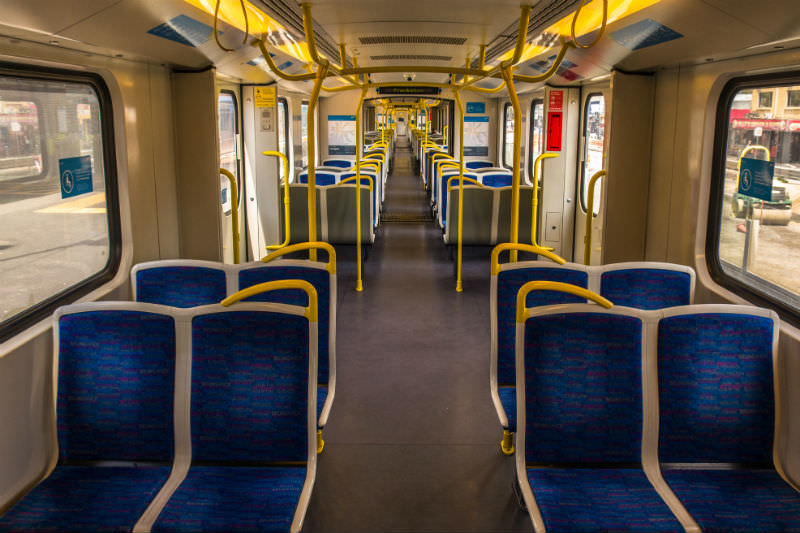
ARTS AND CULTURE
- Barry Gittins
- 24 April 2020
8 Comments
We are at the end of the beginning. ‘If you feel you have coronavirus…’ I tune out emotionally and daydream as the public service announcement plays over and over in empty trams and trains, and in deserted shopping centres.
READ MORE 
-
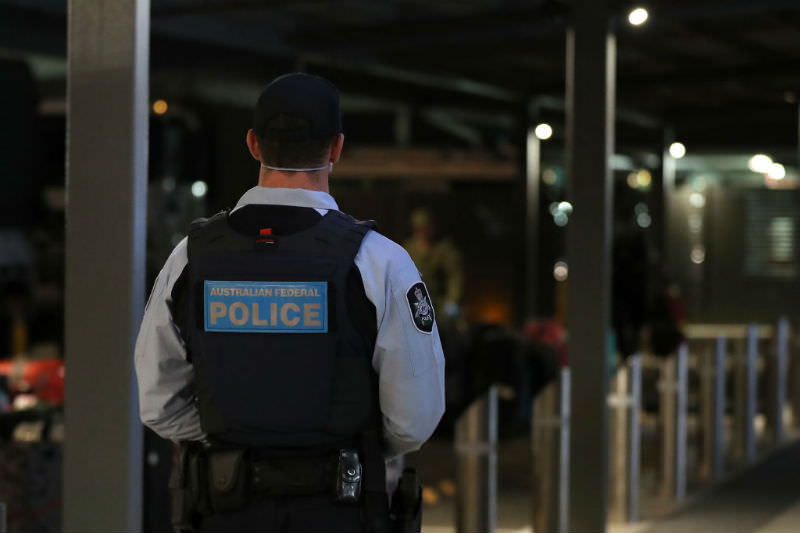
AUSTRALIA
- Bree Alexander
- 18 April 2020
5 Comments
Most people would agree that certain measures are necessary to both protect those who face the greatest health risks and so that our health systems don’t get overwhelmed. However, these astronomical limitations on civil liberties raise concerns.
READ MORE 
-
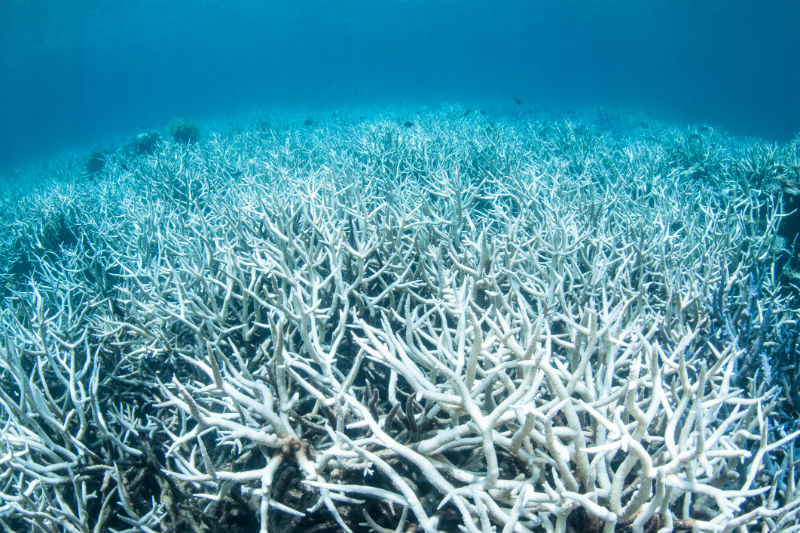
ENVIRONMENT
- Cristy Clark
- 09 April 2020
9 Comments
Even during this period of disruption (and, indeed, even because of it) it is so important that we pay attention to the bigger picture. So much of what we do now will lay the groundwork for the kind of future that we are able to build at end of this crisis.
READ MORE 
-

AUSTRALIA
- Celeste Liddle
- 02 April 2020
7 Comments
While there have been endless social media posts, political campaigns and the like about staying safe by staying at home, I have been concerned about the many people who are not safe at home and what this may mean to them. What will this mean for the woman who’s been living with a domestic violence perpetrator for years?
READ MORE 
-

ARTS AND CULTURE
- Andrew Hamilton
- 18 March 2020
12 Comments
I've been watching Stateless, the ABC drama about Australia’s immigration detention system, with some reluctance. Not because it is poor, but because it is so powerful.
READ MORE 
-

AUSTRALIA
- Kate Galloway
- 17 March 2020
18 Comments
How to make sense of what is going on? I think that there are ostensibly competing discourses at play. Apart from widespread community concern, or even fear, I see three different spheres of risk that are melding together in the collective (non-expert) consciousness: public health, personal health, and workplace health and safety.
READ MORE 
-
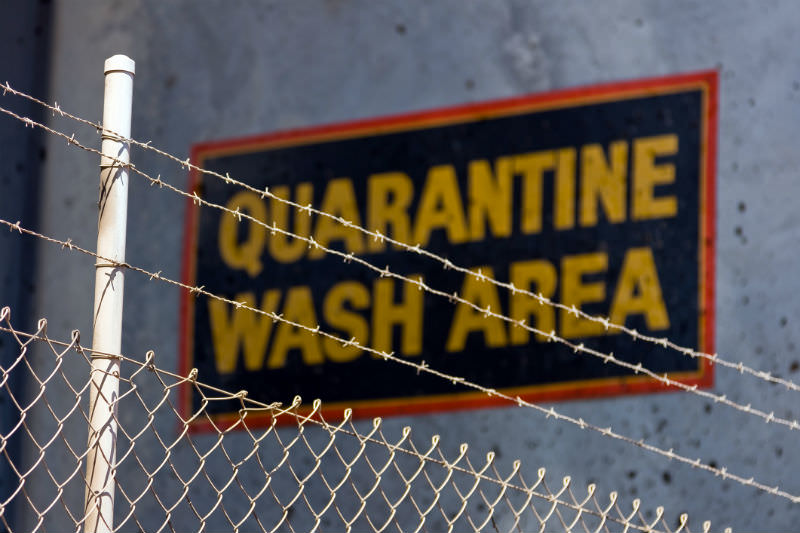
AUSTRALIA
- Binoy Kampmark
- 10 March 2020
6 Comments
Authorities can also be fearful, paranoid at the unruly nature of their subjects. Public health emergencies have been declared in various countries and while these are deemed necessary, they come with the exercise of broad, muscular powers.
READ MORE 
-
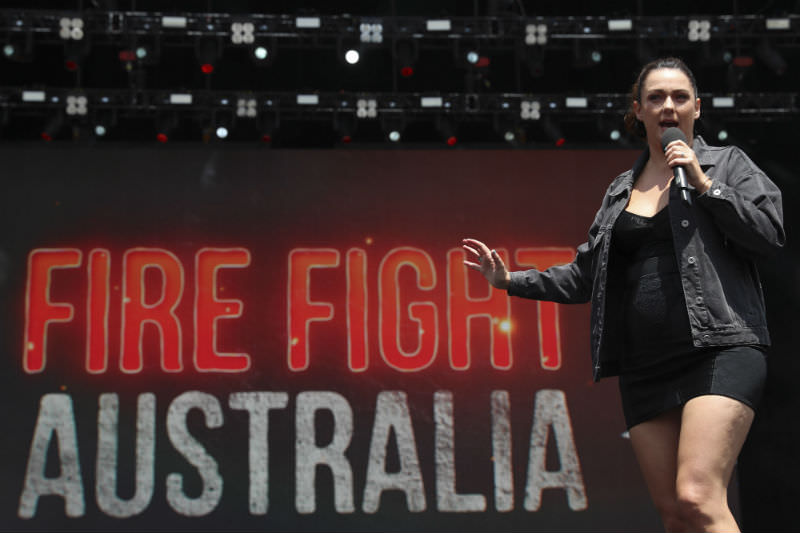
ENVIRONMENT
- Eliza Spencer
- 19 February 2020
5 Comments
In the midst of bushfire relief events and community raffles, concerns about how those in need can be best supported continue as emotions run high. While the nation grieves the loss of life and land, we need to begin the conversation of how we can respond mindfully to disaster and find sustainable solutions for disasters to come.
READ MORE 